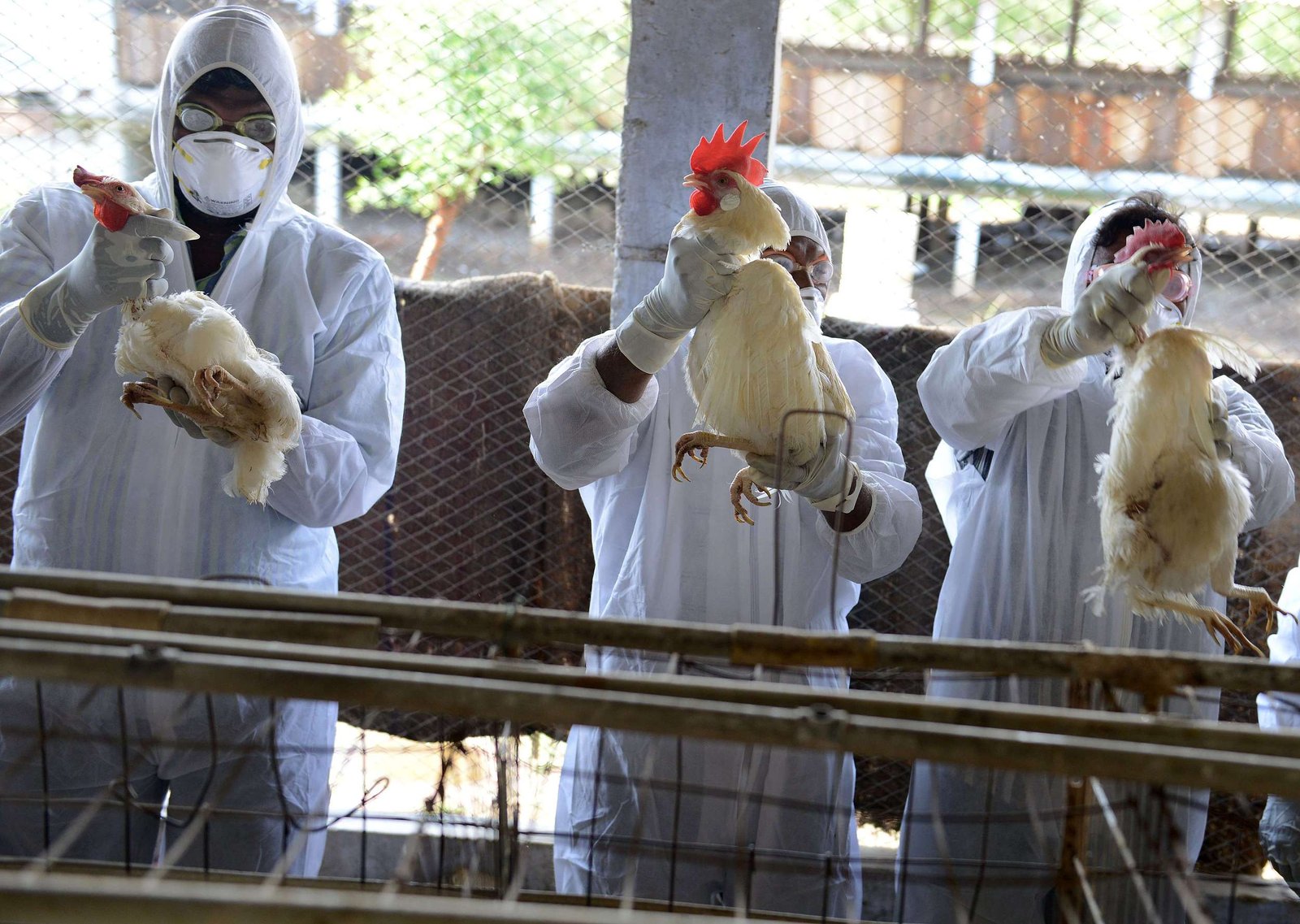
East British Farmers are Warned as Bird Flu Virus is Out of Control.
As the number of confirmed cases of avian influenza rises in the East of England, precautionary measures have been taken to safeguard the regions of Norfolk, Suffolk, and some of neighboring Essex.
With over 150 confirmed cases of bird flu in the UK since late October 2021, the country is experiencing its worst pandemic in history, according to the Department of Environment, Food, and Rural Affairs (Defra).
Tens of thousands of birds have been killed as a result. So, what can companies do to combat this spreading disease?
Make sure chickens are vaccinated
Since the number of confirmed cases of bird flu continues to rise—11 are currently active in the East region—anyone living within the Defra-designated protection zones is obligated to take stringent biosecurity precautions with whatsoever a number of birds they may keep.
According to Defra, wild birds in the UK have been the vector for the spread of avian influenza for the past year.
When the birds returned to the Arctic, the virus was gone for good.
Traditional Norfolk Poultry’s Mark Gorton raises tens of thousands of free-range and organic chickens and turkeys in Shropham, Norfolk, and he is concerned about the spread of the virus.
Defra data shows that 41% of England’s turkeys come from farms in the East of the country.
He explains that this is a major issue for the business community at large.
Because it has spread to native bird species, it is now out of control.
Farmers take all necessary biosecurity precautions “as usual” to try to stop the spread of influenza, but their efforts are having less and less of an impact, he claims.
Once established, it is “extremely difficult” to get the disease under control, he says, and it has been detected in a variety of species including seagulls, pheasants, crows, and birds of prey.
Also, birds that fly all the way from Siberia to the UK have not shown up just yet.
We are very worried about what will happen when large numbers of ducks and geese arrive, he continues.
“We’re worried it could make things far worse than they are right now. There is no denying that measures [including safe zones] have failed.”
Only vaccination, he believes, will do anything about the problem, and that goes double for free-range and organic farmers whose flocks come into touch with wild birds.
“On a national scale, we ought to be immunizing our hens against it. Vaccines are widely available all around the world, “asserts Mr. Gorton.



Average Rating